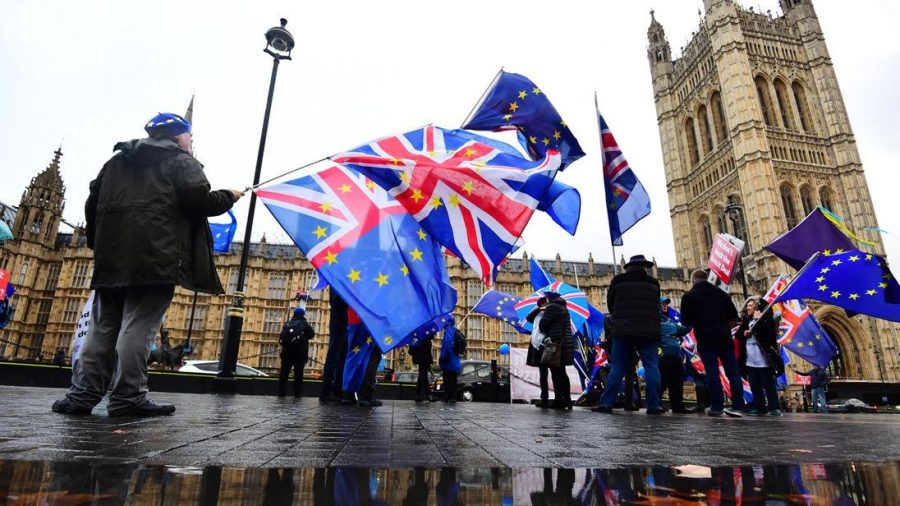U.K. Wins The Brexit Battle, Not the War
By Will Brodlo
A referendum was held on June 23 of 2016 to decide whether or not Britain was to remain in the European Union. After an extremely close race, leaving the EU won 51.9 percent to 48.1 percent, sparking conflict around the world. This decision shook up both Conservative and Labour party leaders, and came as a shock to experts.
The results from Brexit varied across the UK. England and Wales were in support of Brexit, whereas Scotland and Northern Ireland voted to remain in the EU. While the votes were quite tight for each nation, Scotland had the most voter disparity with a 62 percent to 38 percent, showing strong support of remaining in the EU.
As this process has taken considerably longer than initially predicted, many countries have seemingly lost interest. The Guardian predicts the economic repercussions will affect Britain much more than the EU, or the whole global sphere for that matter.
Despite the plausibly insignificant outcomes on the international community, the importance of Brexit is not to be ignored. It teaches valuable lessons to nations wishing to change their involvement in supranational entities in the future.
British citizens were perplexed by whether to choose a “hard” or “soft” Brexit. A hard Brexit would entail the U.K.’s full and fast departure from the EU, whereas a soft Brexit would have the U.K. “in it for the long haul.”
This conversation of hard versus soft has expired, and now we can see how Brexit has taken the longer route. The extended effort has already taken over two years, and is not expected to reach any real conclusions until 2019.
However, the EU has not collapsed since the 2016 referendum, due in part to the gradual implementation of Brexit. There has not been any immediate cessation in trade between the EU and the U.K.—the trading between the two bodies is working as it had been and has not seen definitive changes.
While things right now may seem just peachy, that is not to say the U.K. is in the clear for the future. Political and economic fragmentation in the United Kingdom will come with foreseeable effects like: decreased foreign-investment, company relocations, less economic interaction efficiency and cross-border financial flow complications, according to The Guardian.
Some of the Brexit turmoil is already visible through royal neutrality. Queen Elizabeth II has sent conflicting messages when The Sun labelled her as a Brexit supporter, while many other media outlets responded by saying that the message was very misleading, as Buckingham Palace had complained about the newspaper to IPSO.
Seeing that more devolved areas voted to stay within the EU, this accounts for why most of the youth are upset. The youth of the U.K. is infuriated with Prime Minister Theresa May’s decision and the referendum, seeing that roughly 70 percent of voters between 18-24 years old voted to stay within the European Union, according to BBC.
Contrarily, the older generations have distanced themselves from the youth in saying that they want to leave the EU, as their voter turnout was much higher than their children and grandchildren.
Coming from the perspective of an American outsider looking into Brexit, it will be interesting to see how its result plays out in the global sphere and what is in store for the U.K.
Will the economy of the U.K. be extremely interrupted, or will business carry on as usual?
William Brodlo, FCRH ‘22, is a journalism major from Chicago, Illinois.










































































































































































































